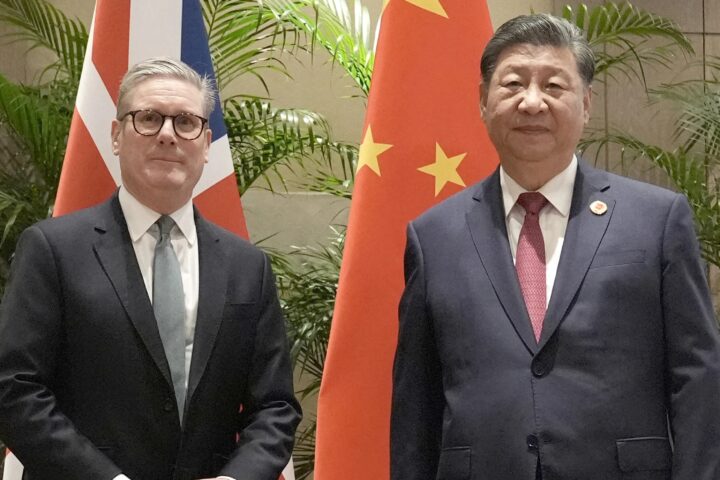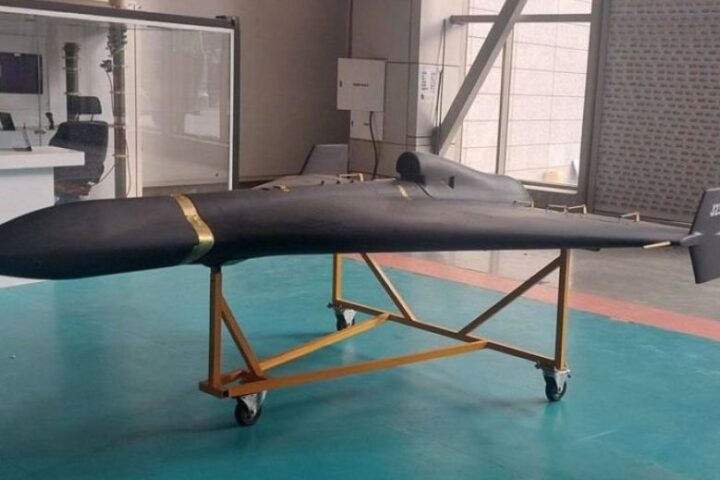Russia has reintroduced barter trade in its foreign transactions with China, marking a return to practices not seen since the 1990s. On September 15, The Moscow Times reported that Western sanctions and restrictions on financial operations are forcing Russian companies to bypass traditional banking systems and resort to direct goods-for-goods exchanges, often conducted in national currencies.
Grain for cars as sanctions block payments
The revival of barter reflects the depth of economic constraints facing Moscow. According to Yahoo Finance, Russian firms are exchanging wheat for Chinese cars, flax seeds for construction materials, and other agricultural products for consumer goods. Customs data and company statements reviewed by Reuters indicate at least eight such barter deals between Russian and Chinese firms over the past two years, though the real scale is believed to be larger.
A payments market specialist explained that Chinese banks are reluctant to handle Russian transfers due to the risk of secondary sanctions. As a result, intermediaries purchase grain in rubles and then arrange reciprocal deliveries from China, allowing trade to continue without direct monetary transactions.
Strained economy despite official optimism
President Vladimir Putin insists the Russian economy has outperformed expectations, growing faster than G7 economies in the past two years. However, the central bank acknowledges the country is technically in recession and struggling with high inflation. The surge in barter deals underscores the gap between official narratives of resilience and the growing pressures businesses face in day-to-day operations.
While agricultural products have become the backbone of barter trade, this shift highlights a lack of access to liquid financial channels rather than progress in the farming sector. Russian companies are importing basic consumer goods and industrial equipment not through market growth but by exchanging raw materials for everyday necessities.
Return to outdated trade mechanisms
Barter trade was once a hallmark of Russia’s turbulent 1990s, when the collapse of the Soviet Union left the economy unstable and isolated. Its reappearance in the 2020s signals that, despite close ties with China and India, Russia remains cut off from global financial mechanisms. Over 25,000 sanctions imposed by the U.S., Europe and allies since the 2014 annexation of Crimea and the 2022 invasion of Ukraine have severed Moscow from conventional banking systems.
Today’s barter arrangements reveal the country’s reliance on ad hoc workarounds rather than sustainable development. Instead of integrating with global markets, Russia is increasingly dependent on improvised schemes, parallel imports and service-based compensation from Chinese suppliers, including equipment installation and testing inside Russia.
The reliance on such archaic forms of trade illustrates how deeply the war in Ukraine has reshaped the economic trajectory of one of the world’s largest resource exporters.













